War and Peace
About this Collection
Wars can be fought to preserve freedom, and they can also be tragically destructive of it. The way that human societies have made war and sought peace throughout our existence provides a useful study for considering how best to keep and protect the freedoms we have, and how to gain the ones we want.
Key People
Titles & Essays
Quotes
War & Peace
Adam Smith observes that the true costs of war remain hidden from the taxpayers because they are sheltered in the metropole far from the fighting and instead of increasing taxes the government pays for the war by increasing the national debt (1776)
War & Peace
Adam Smith on the Sympathy one feels for those Vanquished in a battle rather than for the Victors (1762)
Revolution
Adams and Jefferson reflect on the Revolution and the future of liberty (1823)
War & Peace
Alexander Hamilton warns of the danger to civil society and liberty from a standing army since “the military state becomes elevated above the civil” (1787)
Food & Drink
Bastiat, the 1830 Revolution, and the Spilling of Wine not Blood (1830)
War & Peace
Benjamin Constant on the dangers to liberty posed by the military spirit (1815)
War & Peace
Cobden on the principle of non-intervention in the affairs of other countries (1859)
Parties & Elections
Cobden reminds the Liberals in Parliament that the motto of their party is “Economy, Retrenchment, and Reform!” (1862)
War & Peace
Cobden urges the British Parliament not to be the “Don Quixotes of Europe” using military force to right the wrongs of the world (1854)
War & Peace
Daniel Webster thunders that the introduction of conscription would be a violation of the constitution, an affront to individual liberty, and an act of unrivaled despotism (1814)
War & Peace
J.M. Keynes reflected on that “happy age” of international commerce and freedom of travel that was destroyed by the cataclysm of the First World War (1920)
War & Peace
James Madison on the need for the people to declare war and for each generation, not future generations, to bear the costs of the wars they fight (1792)
War & Peace
John Bright calls British foreign policy “a gigantic system of (welfare) for the aristocracy” (1858)
War & Peace
John Bright denounces the power of the war party in England (1878)
War & Peace
John Bright on war as all the horrors, atrocities, crimes, and sufferings of which human nature on this globe is capable (1853)
War & Peace
John Trenchard identifies who will benefit from any new war “got up” in Italy: princes, courtiers, jobbers, and pensioners, but definitely not the ordinary taxpayer (1722)
War & Peace
Kant believed that citizens must give their free consent via their representatives to every separate declaration of war (1790)
Taxation
Knox on how the people during wartime are cowered into submission and pay their taxes “without a murmur” (1795)
War & Peace
Ludwig von Mises laments the passing of the Age of Limited Warfare and the coming of Mass Destruction in the Age of Statism and Conquest (1949)
War & Peace
Lysistrata’s clever plan to end the war between Athens and Sparta (411 BC)
War & Peace
Madison argued that war is the major way by which the executive office increases its power, patronage, and taxing power (1793)
War & Peace
Milton warns Parliament’s general Fairfax that justice must break free from violence if “endless war” is to be avoided (1648)
Socialism & Interventionism
Mises and the Emergence of Etatism in Germany (1944)
Socialism & Interventionism
Mises on how price controls lead to socialism (1944)
Class
Molinari on the elites who benefited from the State of War (1899)
Presidents, Kings, Tyrants, & Despots
Montesquieu states that the Roman Empire fell because the costs of its military expansion introduced corruption and the loyalty of its soldiers was transferred from the City to its generals (1734)
Literature & Music
On Achilles' new shield Vulcan depicts the two different types of cities which humans can build on earth; one based on peace and the rule of law; the other based on war, killing, and pillage (900 BC)
Free Trade
Richard Cobden on how free trade would unite mankind in the bonds of peace (1850)
War & Peace
Robert Nisbet on the Shock the Founding Fathers would feel if they could see the current size of the Military Establishment and the National Government (1988)
War & Peace
St. Thomas Aquinas discusses the three conditions for a just war (1265-74)
War & Peace
Sumner and the Conquest of the United States by Spain (1898)
War & Peace
The 3rd Day of Christmas: Erasmus stands against war and for peace on earth (16th century)
War & Peace
The City of War and the City of Peace on Achilles' new shield (900 BC)
Presidents, Kings, Tyrants, & Despots
Thomas Gordon on how people are frightened into giving up their liberties (1722)
Money & Banking
Tom Paine on the "Decline and Fall of the English System of Finance" (1796)
War & Peace
Trenchard on the dangers posed by a standing army (1698)
War & Peace
Vicesimus Knox on how the aristocracy and the “spirit of despotism” use the commemoration of the war dead for their own aims (1795)
War & Peace
William Graham Sumner denounced America’s war against Spain and thought that “war, debt, taxation, diplomacy, a grand governmental system, pomp, glory, a big army and navy, lavish expenditures, political jobbery” would result in imperialsm (1898)
Notes About This Collection
See also the extracts, chapters, and introductions in the War and Peace section of the Ideas page.

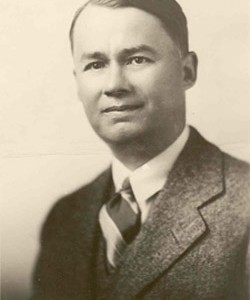

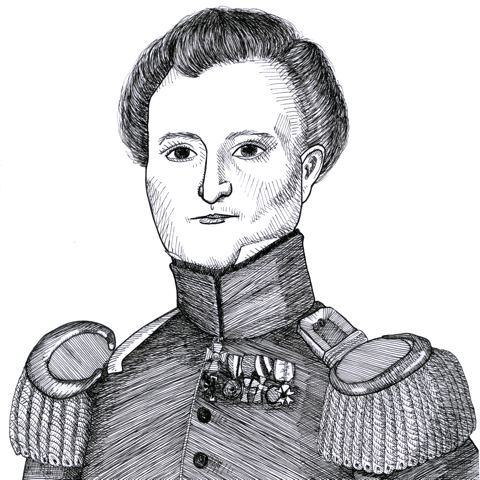
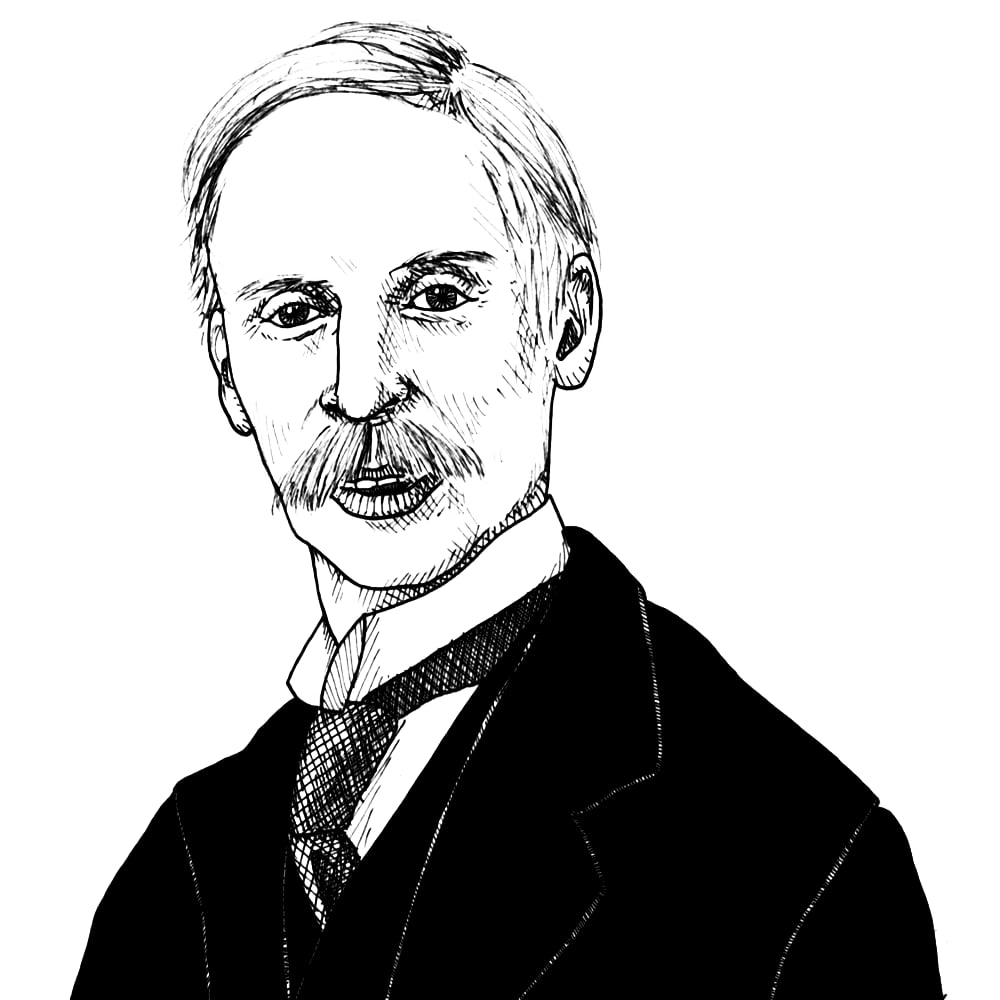

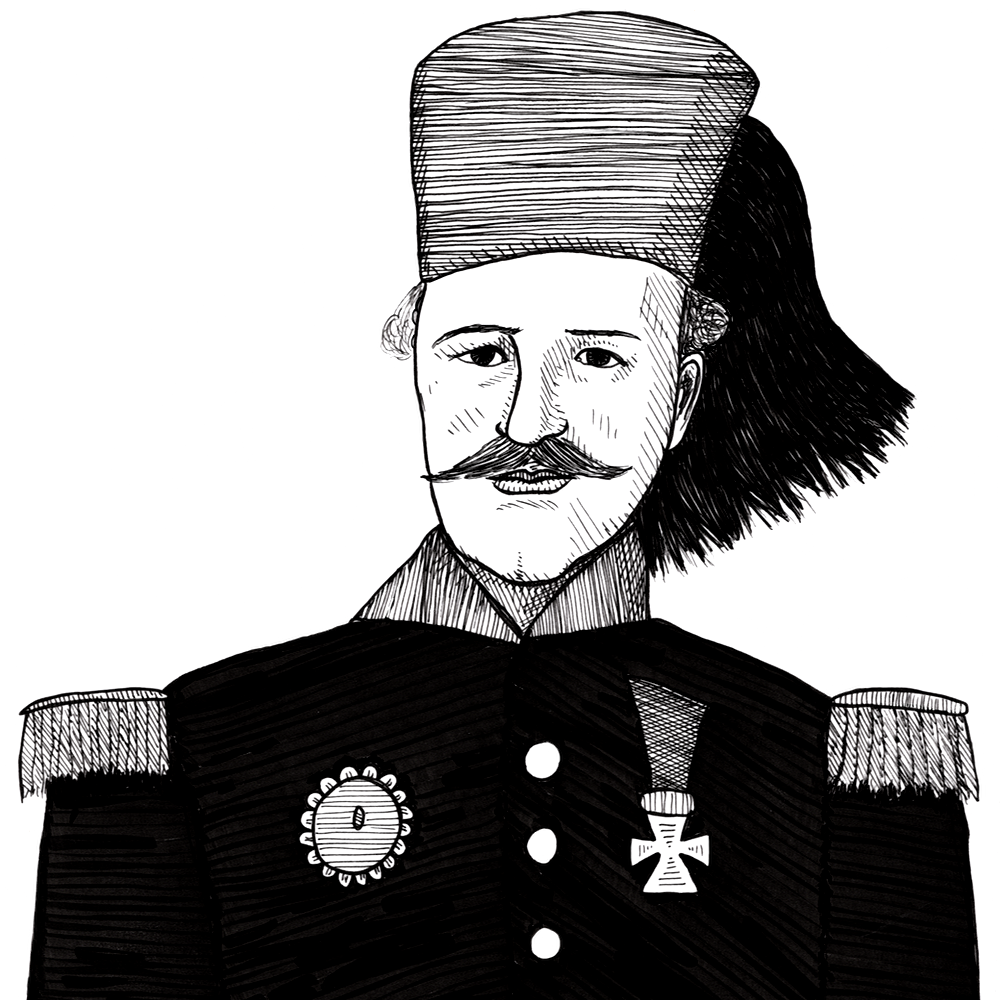
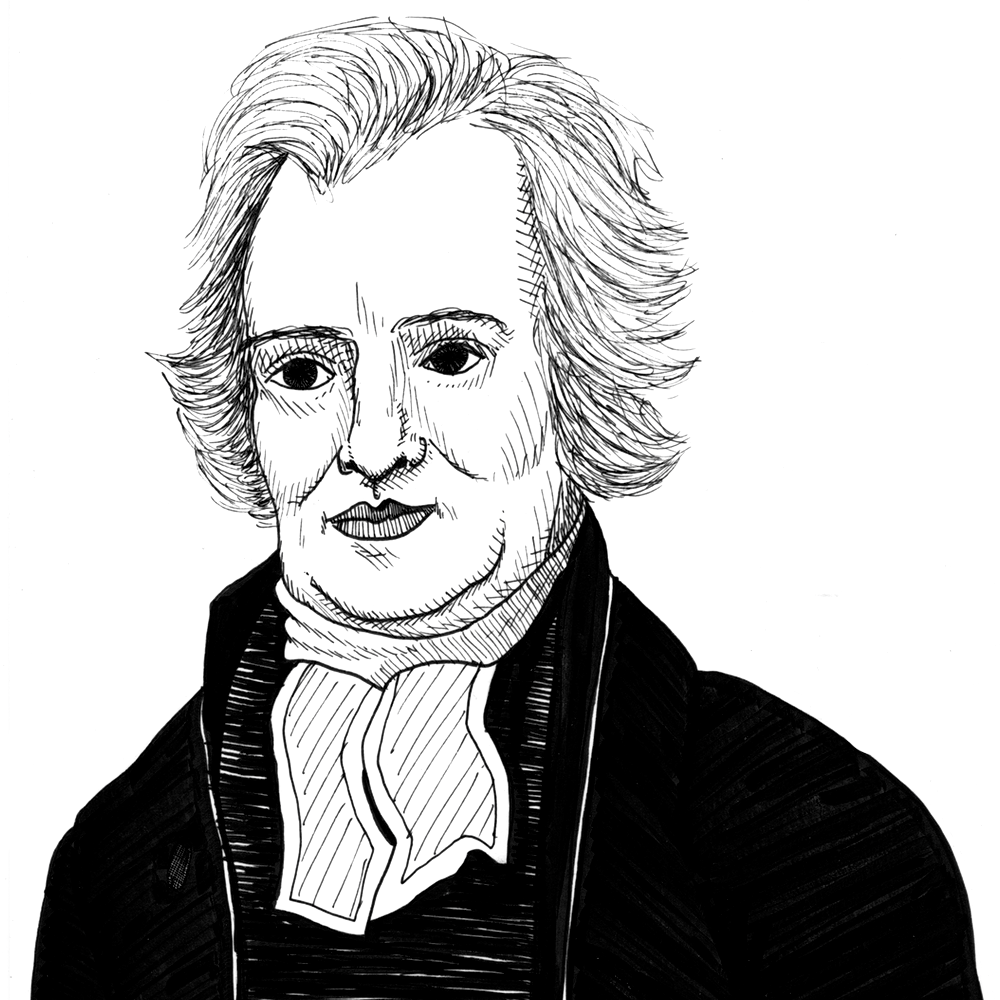


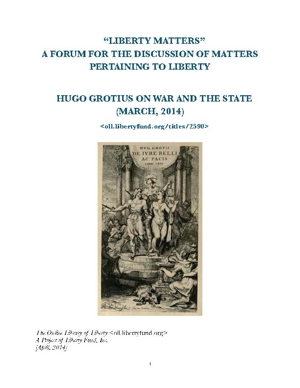
Social Sciences